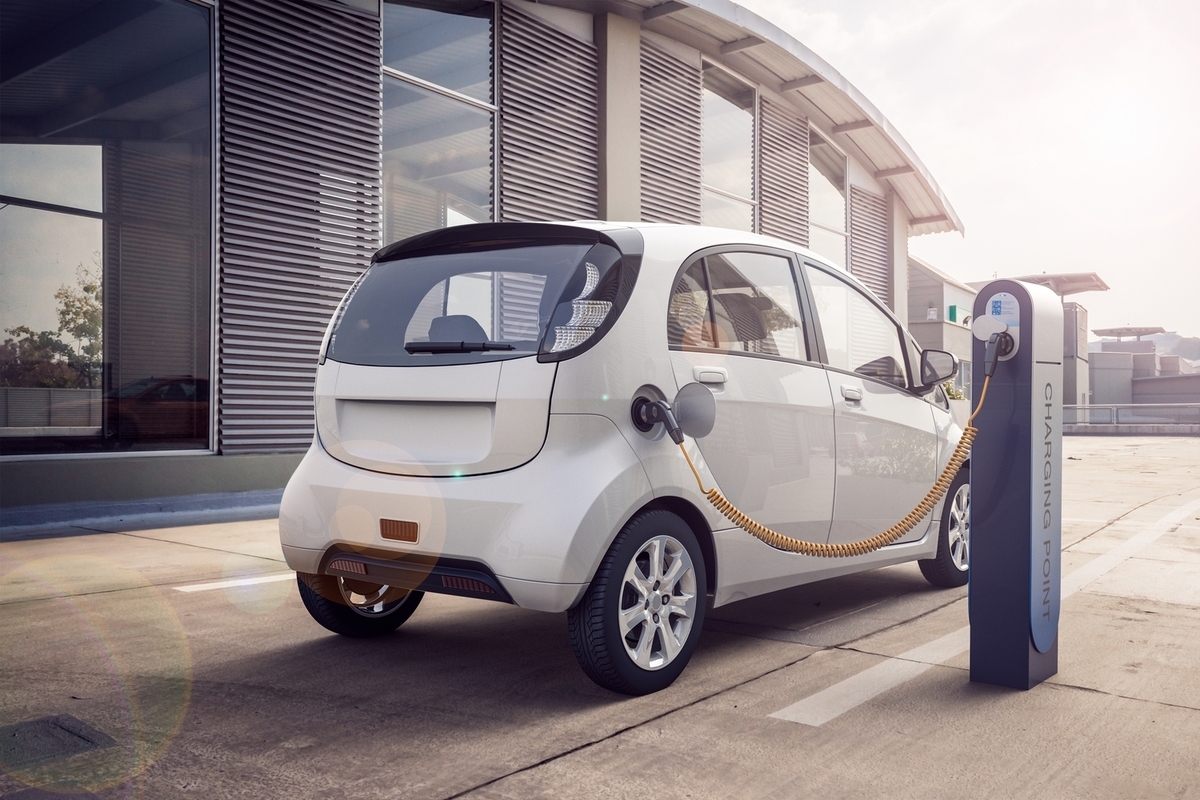A Comprehensive Guide to the True Cost of Owning an Electric Car
This article offers an in-depth overview of the true costs associated with owning an electric vehicle, including purchase price, charging, maintenance, insurance, and long-term savings. It highlights incentives, cost comparisons, and financial benefits, helping prospective buyers make informed decisions about EV ownership.

A Complete Overview of Electric Vehicle Ownership Expenses
Transitioning to electric vehicles (EVs) signifies a significant shift in the automotive landscape, driven by environmental issues and fuel economy benefits. While EVs are celebrated for their lower operating costs and eco-friendly features, they also come with specific financial considerations. This article details the real costs involved in owning an electric car, including upfront purchase, maintenance, charging fees, and long-term savings.
1. Purchase Price:
The Cost of Buying an EV
One major obstacle for prospective buyers is the higher initial expense. Although prices have declined recently, electric cars generally cost between $5,000 and $15,000 more than similar gasoline models.
Many governments offer incentives like rebates and tax credits to ease this burden. For instance, U.S. incentives can range from $2,500 to $7,500 depending on the vehicle.
Table 1: Price Comparison - Electric vs. Gas Cars
Vehicle Type Median Price Incentives (USA)
Electric Vehicles (EVs) $30,000 – $60,000 $2,500 – $7,500
Gas Vehicles $20,000 – $40,000 None
Note: Prices vary based on make, model, and location.
2. Charging Expenses:
One notable advantage of EVs is their lower fueling costs. Charging costs depend on battery size, efficiency, and electricity rates.
Home Charging: Most owners recharge at home using common outlets or Level 2 chargers. Costs are usually between $0.10 and $0.30 per kWh. For a 60 kWh battery, full charge costs range from $6 to $18.
Public Charging: Charging stations in public often charge $0.25 to $0.60 per kWh. Fast chargers may be more expensive than slower options.
Table 2: Charging Cost Estimates
Charging Method Cost per kWh Approximate Full Charge Cost (60 kWh)
Home Charging $0.10 – $0.30 $6 – $18
Public Charging $0.25 – $0.60 $15 – $36
3. Maintenance and Upkeep:
EVs generally require less maintenance since they lack many traditional engine components. No oil changes or exhaust repairs are needed.
Battery replacement can be expensive, costing between $3,000 and $10,000, though warranties typically cover 8 years or more. Brake pads need replacing less frequently thanks to regenerative braking systems.
Table 3: Maintenance Cost Overview
Service Item Gas Cars Electric Cars
Oil Change $30 – $70 None
Brake Pad Replacement $100 – $300 $100 – $250
Battery Replacement None $3,000 – $10,000
4. Insurance Costs:
While EVs tend to have lower maintenance expenses, insurance premiums are usually higher. This is due to the vehicle's higher value, especially the battery and other key components.
Typically, insurance bills for EVs are about 10% to 30% more than those for comparable gas-powered cars. Factors such as model, location, and driving history influence these premiums.
Table 4: Insurance Cost Comparison
Car Type Average Annual Premium
Electric Vehicles (EVs) $1,200 – $2,000
Gasoline Vehicles $900 – $1,500
5. Long-term Financial Advantages:
Despite a higher initial purchase price, owning an EV can be cost-effective over time. Savings come from lower fuel expenses and reduced maintenance needs.
Research suggests that the total ownership cost of EVs over several years is often less than traditional cars, thanks to decreased fuel and repair costs. EV owners typically spend about half as much on fuel and repairs.
Table 5: 5-Year Cost Comparison
Vehicle Type Upfront Cost Fuel Expenses Maintenance Total Cost
Electric Vehicles (EVs) $35,000 $3,000 $2,000 $40,000
Gas-powered Vehicles $30,000 $8,000 $4,000 $42,000
Should You Switch to an EV?
While EVs require a larger initial investment, their savings on fuel and maintenance make them appealing for many drivers. Evaluating your driving habits, budget, and charging options is essential before transitioning. Comparing costs and benefits will help determine if an electric vehicle suits your needs.
Note:
This guide provides current insights but should not be considered definitive. Costs and incentives vary by location and time. Always verify local details before making a purchase. Use this information as an introductory resource to understanding EV ownership expenses.


